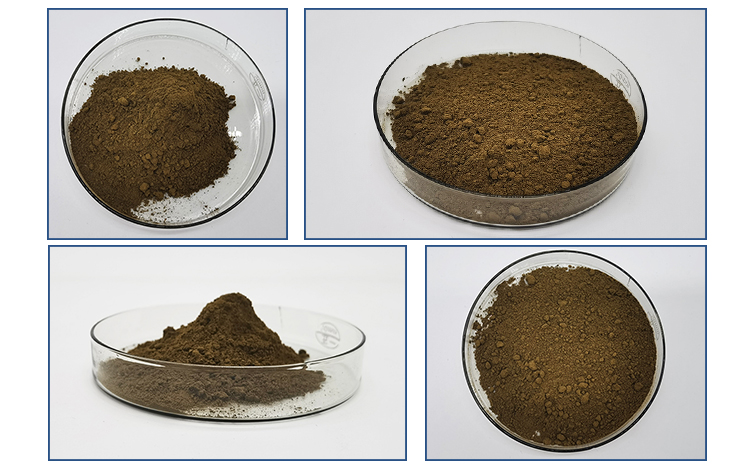Amentoflavone is a naturally occurring biflavonoid found in several plant species, particularly in those of the family Selaginellaceae. It has garnered interest due to its diverse biological activities and potential health benefits. Here’s a summary of the comprehensive research on amentoflavone:
1.Biological Activities:
Neuroprotective Effects: Amentoflavone has shown potential neuroprotective effects in various studies. It exhibits antioxidant properties and may protect neurons from oxidative stress and apoptosis, which are implicated in neurodegenerative diseases.
Anti-inflammatory Properties: Studies indicate that amentoflavone has anti-inflammatory effects by inhibiting inflammatory mediators and pathways. This could be beneficial in conditions where inflammation plays a significant role, such as arthritis or inflammatory bowel diseases.
Antioxidant Activity: Amentoflavone acts as an antioxidant, scavenging free radicals and reducing oxidative stress. This property is crucial in preventing cellular damage caused by oxidative stress, which is linked to aging and various diseases.
Anticancer Potential: Research suggests that amentoflavone may have anticancer properties by inhibiting the growth of cancer cells and inducing apoptosis (programmed cell death) in tumor cells. It has been studied in various types of cancers, including breast cancer, lung cancer, and leukemia.
Antiviral Activity: Some studies have explored the antiviral potential of amentoflavone, particularly against viruses such as HIV and hepatitis C virus (HCV). It may inhibit viral replication by targeting specific viral enzymes or processes.

2.Mechanisms of Action:
The mechanisms underlying the biological activities of amentoflavone are diverse and include modulation of signaling pathways, enzyme inhibition, and interaction with cellular receptors.
For example, in neuroprotection, it may activate pathways involved in cell survival and inhibit pathways leading to cell death.
3.Pharmacokinetics and Bioavailability:
Studies on the pharmacokinetics of amentoflavone are limited, but its bioavailability is considered a factor in determining its efficacy as a therapeutic agent. Issues such as solubility and metabolism may affect its absorption and distribution in the body.
4.Clinical Studies and Applications:
While most research has been preclinical (in vitro and animal studies), clinical trials are needed to evaluate the safety and efficacy of amentoflavone in humans.
Its potential applications span from neuroprotection to anti-inflammatory therapy and cancer treatment, but further research is essential to validate these findings.

5.Safety and Side Effects:
Amentoflavone has generally shown low toxicity in experimental studies, but comprehensive safety evaluations, including long-term studies, are necessary.
Potential side effects and interactions with medications or other supplements should be considered, especially if used therapeutically.
In conclusion, amentoflavone exhibits promising biological activities that make it a subject of interest in various fields of medicine and pharmacology. However, further research, including clinical trials, is crucial to fully understand its therapeutic potential and establish guidelines for its use in healthcare.
